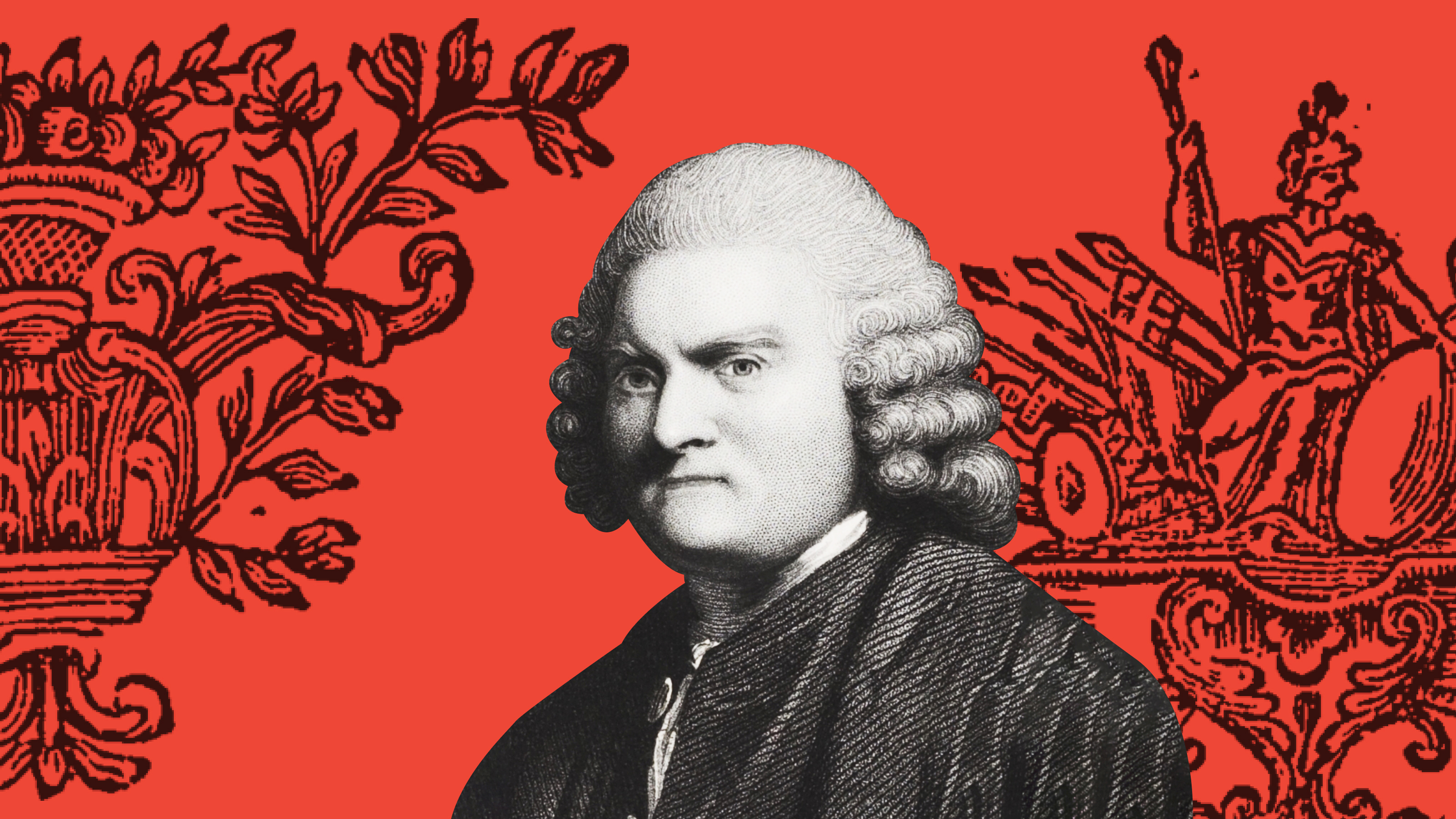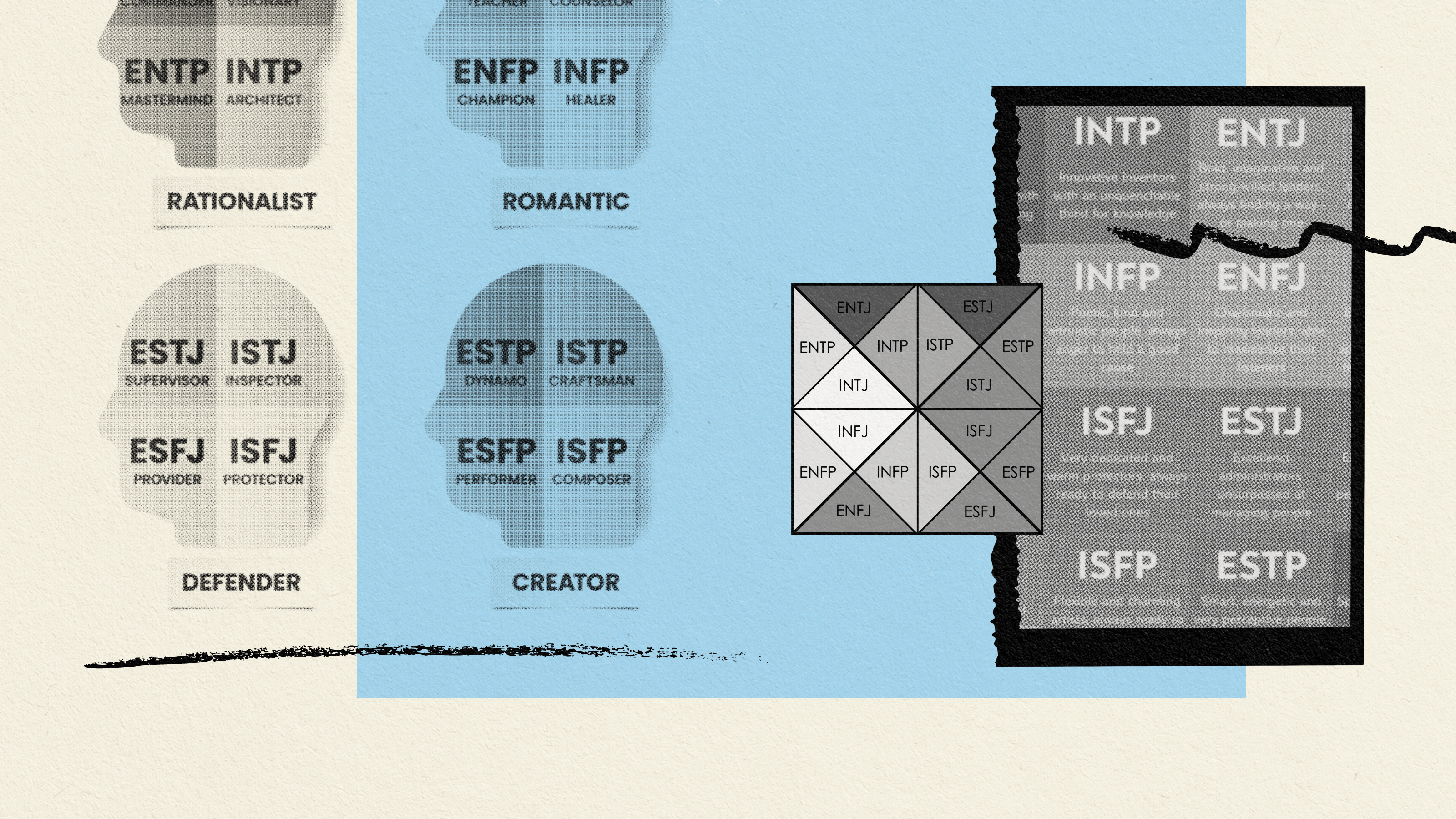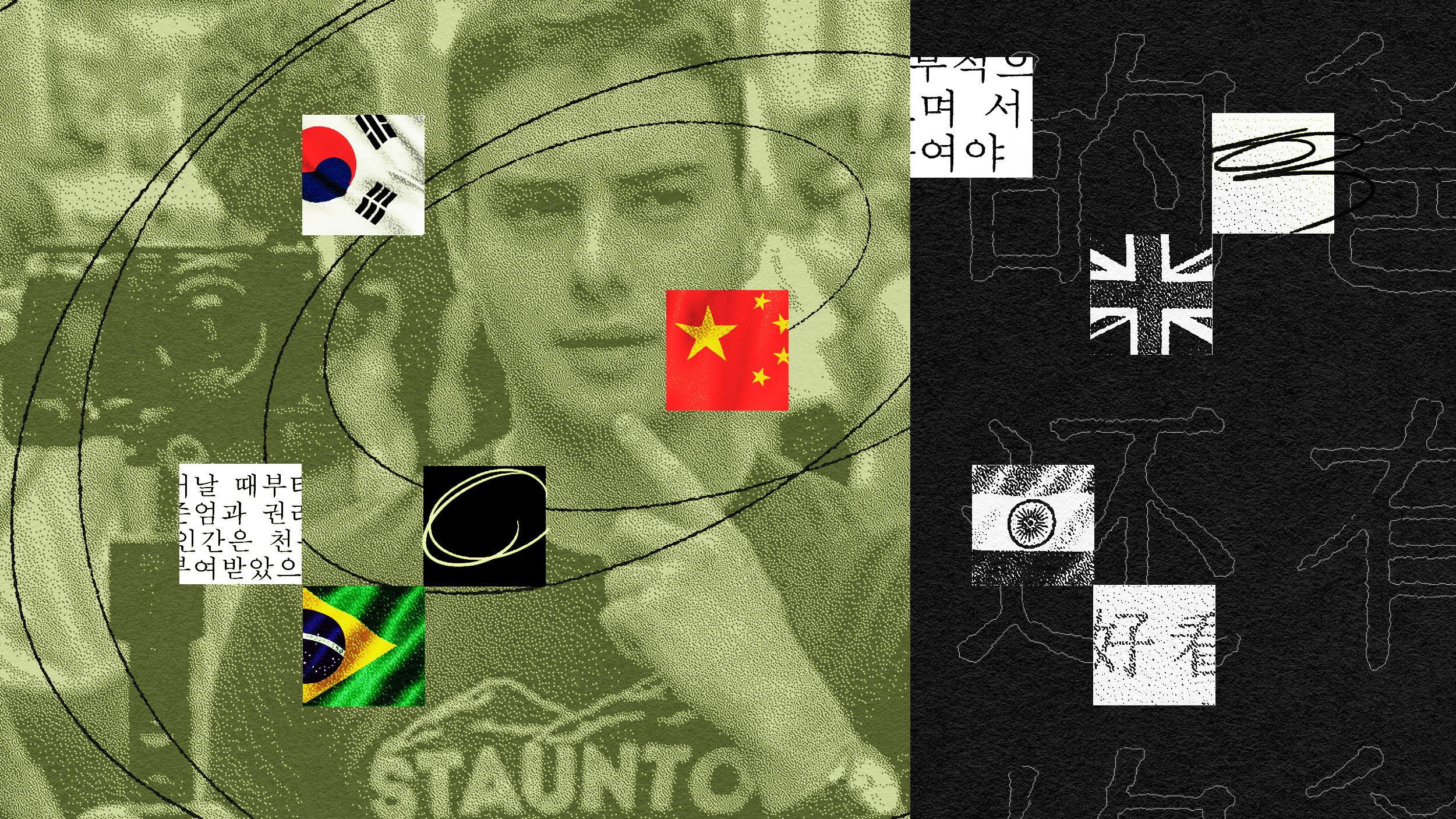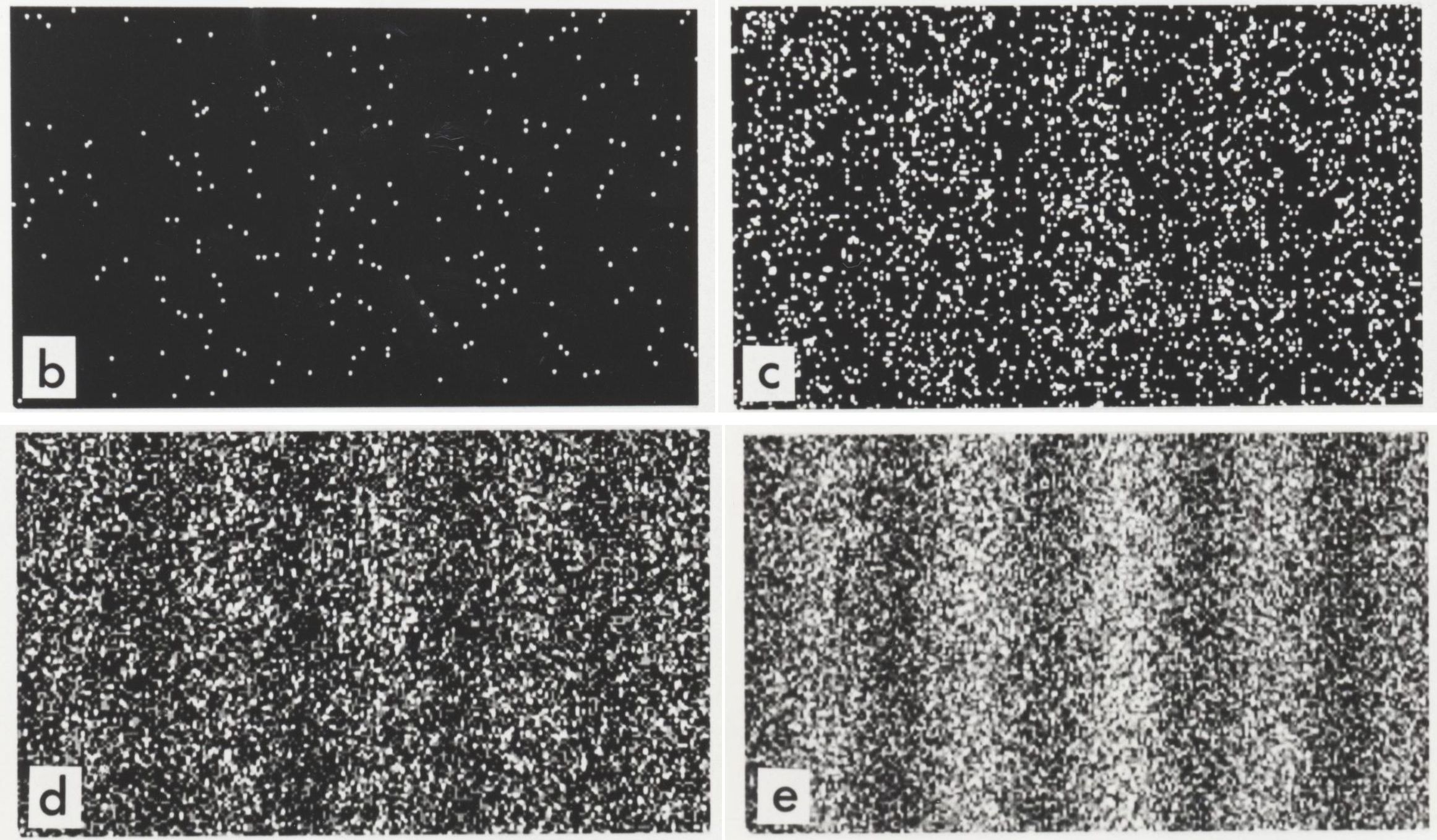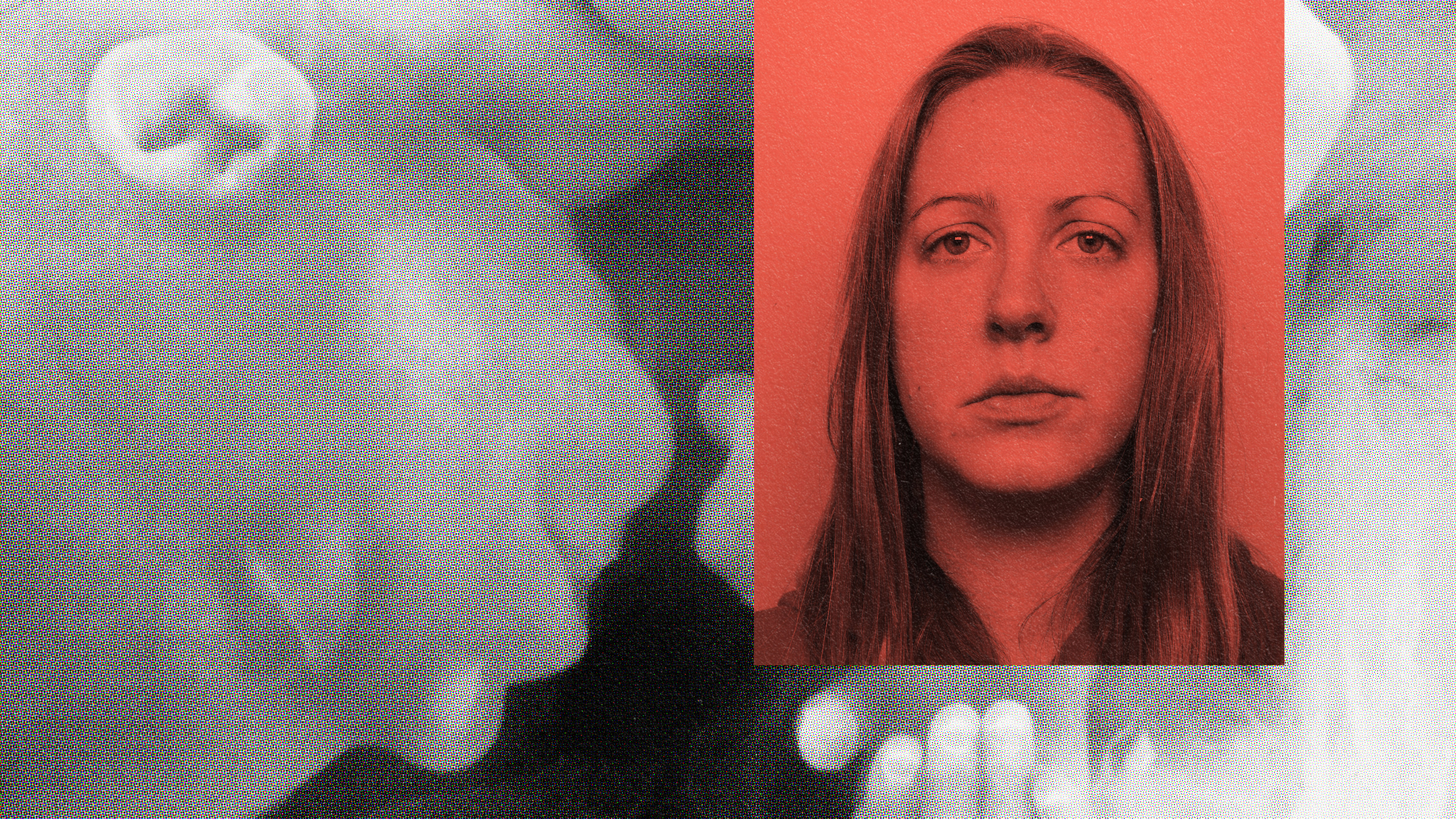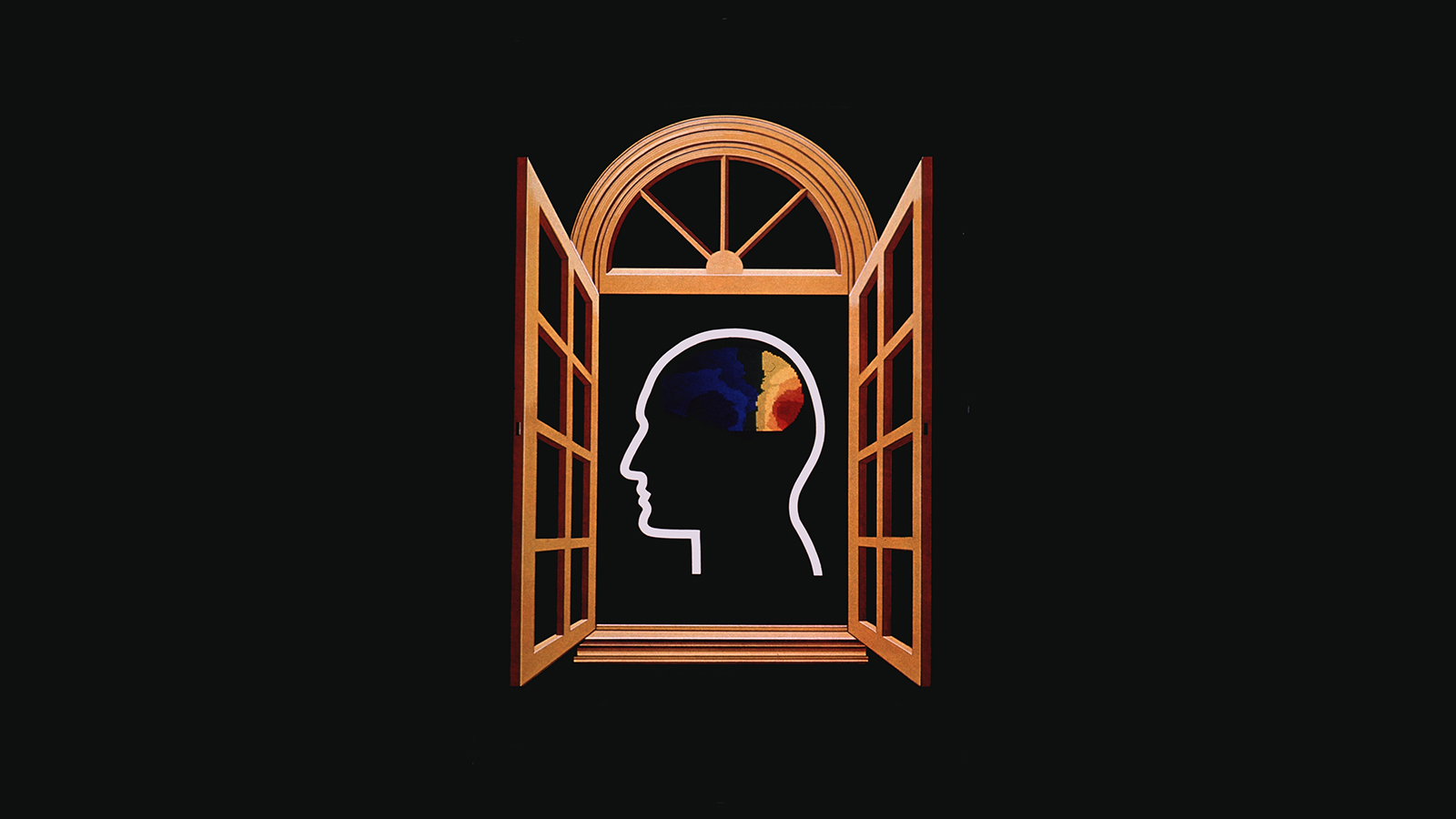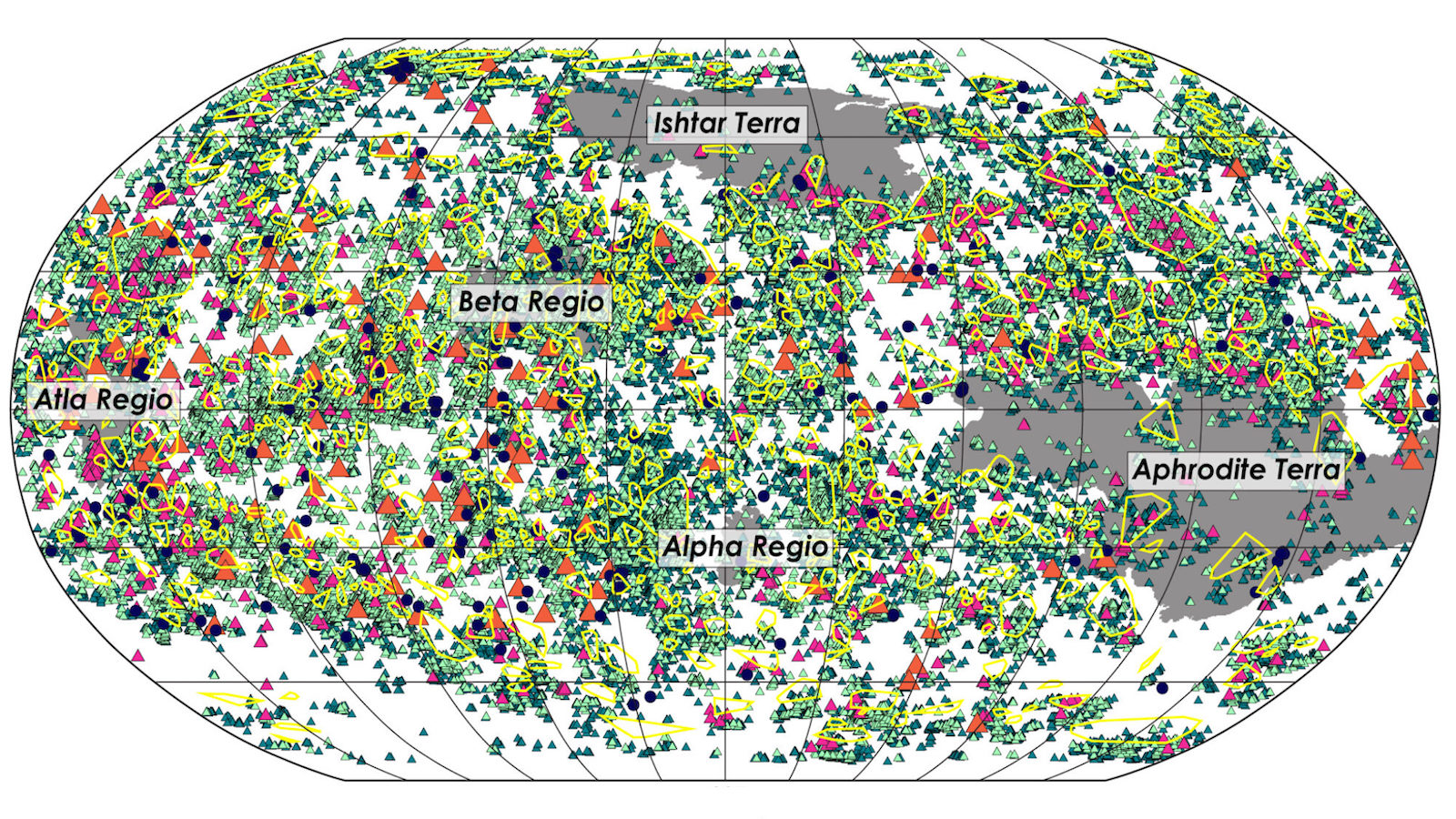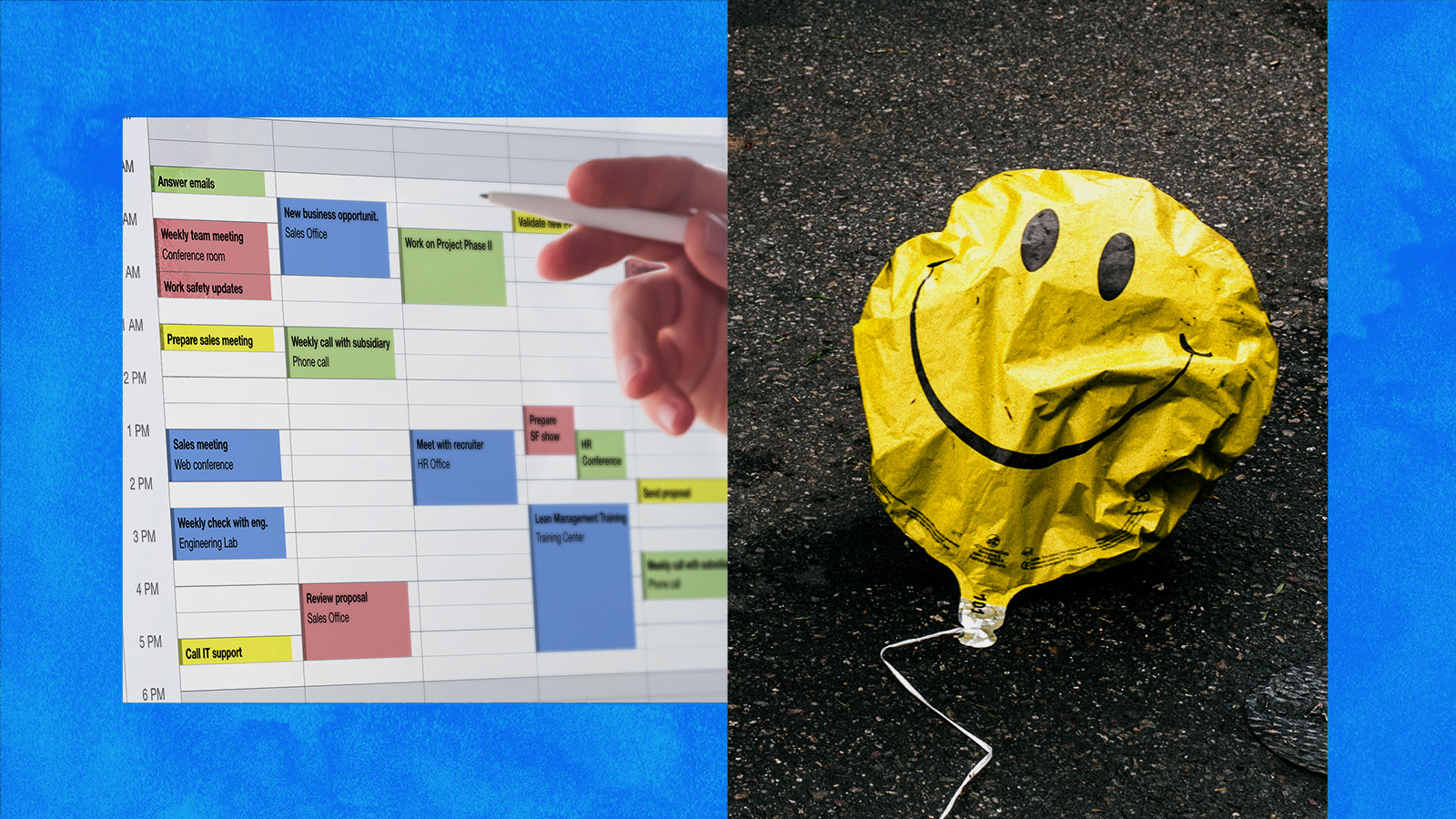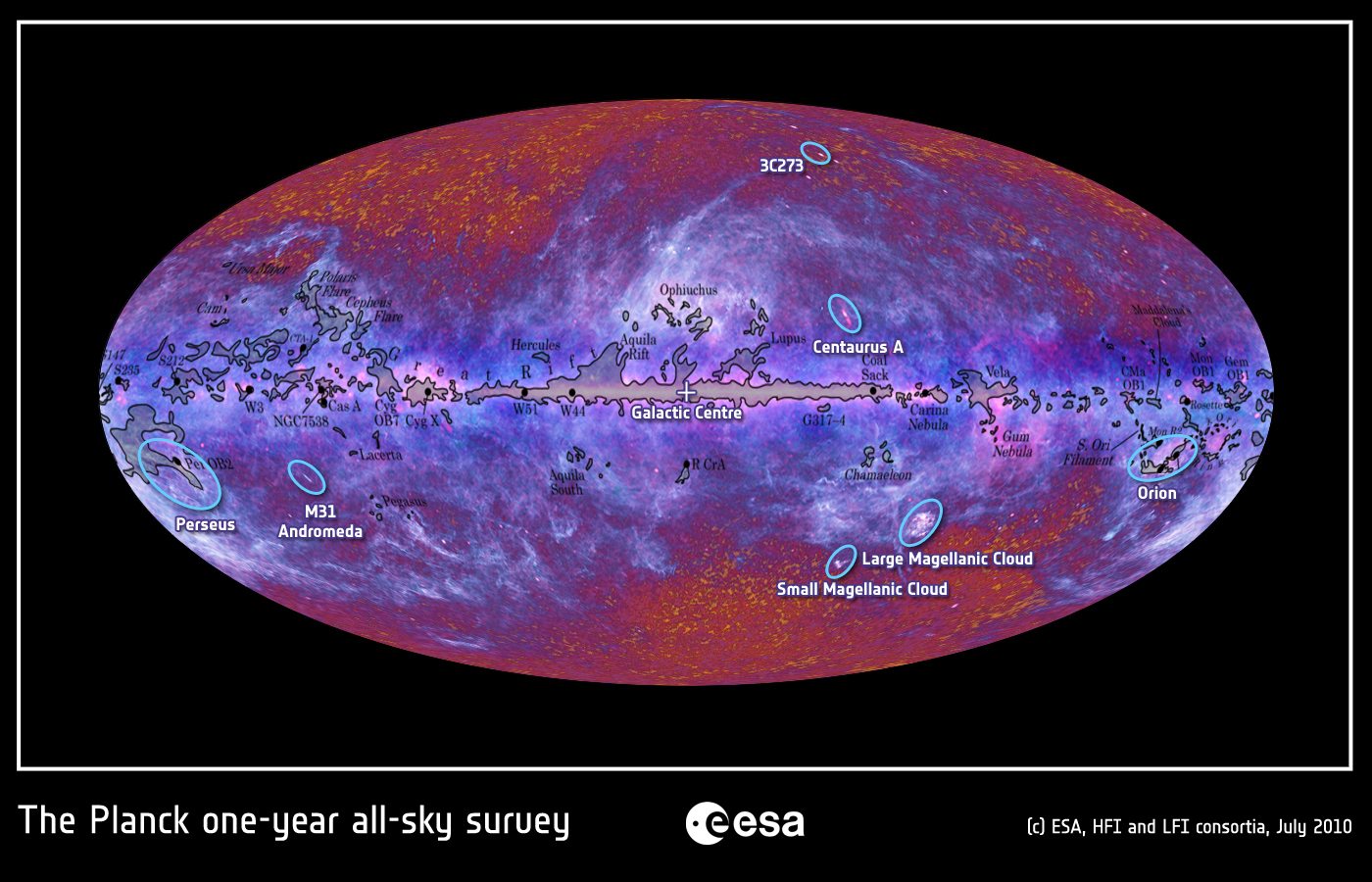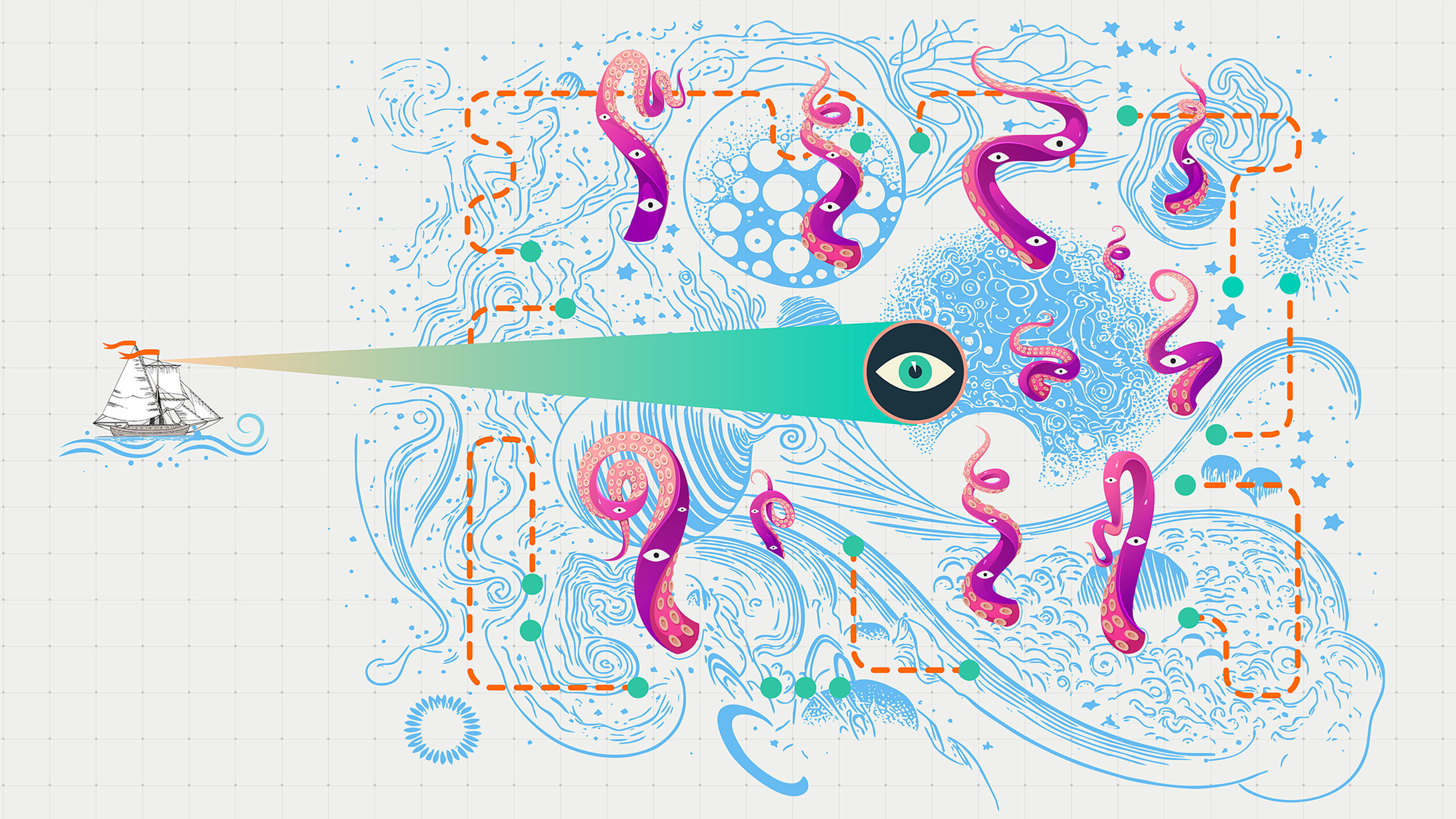As a physician, John Pringle helped reinvent hygiene; as a husband, he destroyed a woman’s life with his abuse.
Search Results
You searched for: S D
If you’ve looked for a job recently, you may have encountered the personality test. You may also have wondered if it was backed by scientific research.
Lab-grown meat may work better as a complement to animal agriculture rather than a replacement of it.
On-demand learning has become the cornerstone of a modern L&D strategy. Here’s why.
A skills gap analysis can help an organization prepare for change and become well-equipped to thrive in the future.
Arieh Smith, a New York City-based polyglot who runs the YouTube channel Xiaomanyc, talks language-learning with Big Think.
With a telescope at just the right distance from the Sun, we could use its gravity to enhance and magnify a potentially inhabited planet.
These 5 research-backed tips can turn bad habits into financial gain.
The double-slit experiment, hundreds of years after it was first performed, still holds the key mystery at the heart of quantum physics.
High-frequency oscillations that ripple through our brains may generate memory and conscious experience.
Do you really need a monstrous upbringing to make monsters?
Particles are everywhere, including particles from space that stream through the human body. Here’s how they prove Einstein’s relativity.
Flies are in no way smart, but they experience time in an almost Matrix-like fashion.
Ketamine’s remarkable effect bolsters a new theory of mental illness.
Pathogenic, self-propagating proteins called prions found in the brains of people with Alzheimer’s are also found in Down syndrome patients.
A Carrington-magnitude event would kill millions, and cause trillions of dollars in damage. Sadly, it isn’t even the worst-case scenario.
It’s the paradoxical observation that the more we try to process, the less we actually can.
Whether you call it 10 quintillion, 10 million trillion, or 10 billion billion, it’s a 1 followed by 19 zeroes.
Nero’s reputation as one of the most malevolent emperors in Roman history might be partly slander.
Why implementing an individual development plan process is a smart move for organizations today, and how to get started.
You’ve certainly seen the paintings — but they don’t depict what you think they do. Benjamin Moser discusses with Big Think.
People discovered prehistoric fossils long before Charles Darwin published “On the Origin of Species.” The remains of these unknown creatures often puzzled their discoverers.
Like Mars today, Venus used to be a sci-fi superstar. Recent discoveries could re-ignite our interest in Earth’s “evil twin.”
Organizational scientist Steven Rogelberg discusses the common meeting mistakes leaders make and how they can change course.
Carnivorous plants fascinate as much now as when their gruesome diet was first discovered.
These 10 best practices can help organizations develop high-quality and engaging training videos for employees.
And her clothing tells an important story, says archeologist Rita Wright.
Six hundred years in the history of trousers.
The hot Big Bang is often touted as the beginning of the Universe. But there’s one piece of evidence we can’t ignore that shows otherwise.
While many imagine terrifying futures run by AI, Rohit Krishnan is quietly identifying real problems and solutions.
